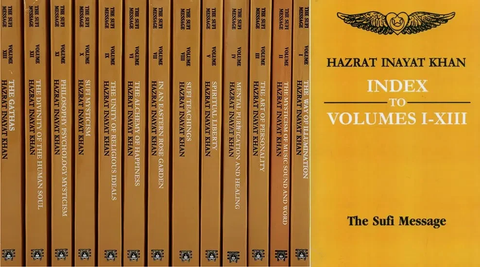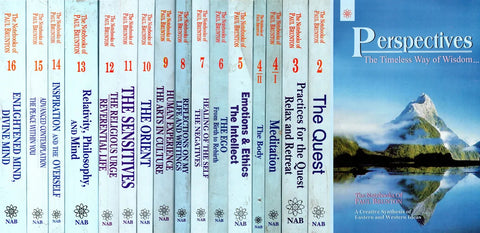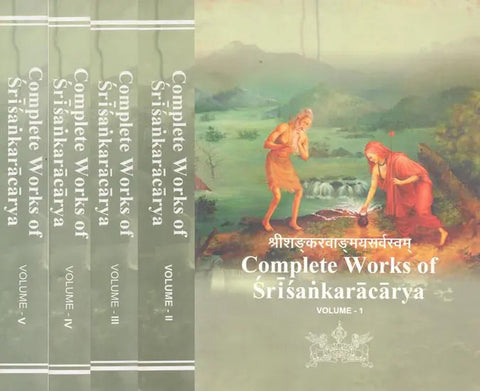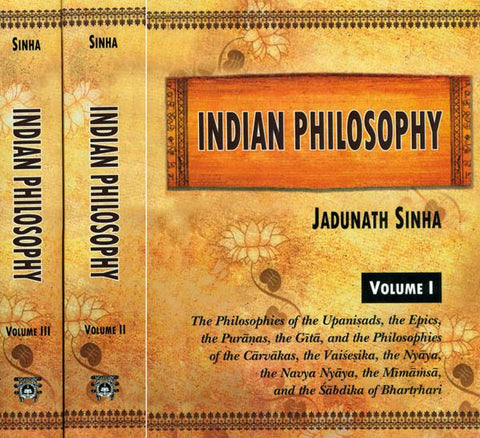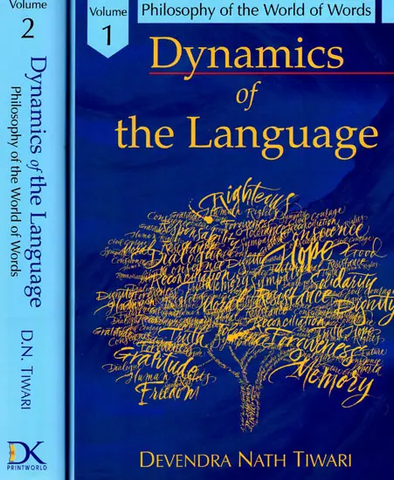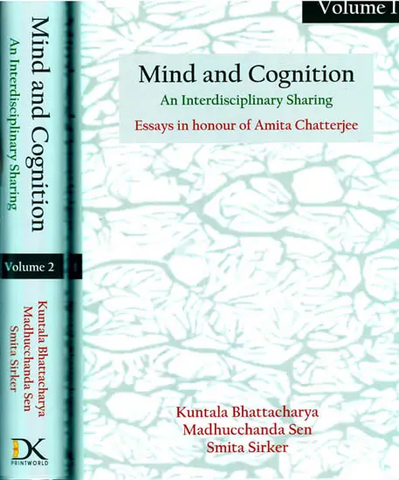Your cart is empty now.
The present work is a comparative and critical study of Shunyavada, Vijnanavada, Advaita Vedanta and Kashmira Shaivism, the four main systems of Advaita-vada or spiritual nondualism which has been the most celebrated tradition in Indian philosophy. It is based on the author's study of original sources and when dealing with fundamental issues and when dealing with fundamental issues original texts are either quoted or referred to. The points of similarity and of difference among these systems are discussed in details and with great clarity. Professor Sharma, with his unique gift or expressing abstruse metaphysical thoughts in a clear language, has eminently succeeded in correcting some misconceptions and in clarifying many difficult and obscure points about these systems. This work is indeed a masterly survey of Mahayana Buddhism, Advaita Vedanta and Kashmir Shaivism which brings into prominence the author's original contributions some of which are of outstanding merit for a correct appreciation of the relation among these systems.
The Advaita Tradition in Indian Philosophy will be found eminently useful by the students of philosophy in universities and colleges and also by all those who are interested in Buddhism, Vedanta and Kashmir Shaivism and who want a clear and accurate exposition of the development of the Advaita tradition in Indian philosophical thought.
About the Author
Professor Dr. Chandradhar Sharma is a well-known name in the area of philosophy. He enjoys international reputation as an eminent scholar of Indian and comparative philosophy. After serving Banaras Hindu University for twelve years he was invited to the Chair of Philosophy in the University of Jabalpur, which he occupied for about twenty years. He has been a Visiting Professor to U.S.A. and U.G.C. Visiting Professor in the University of Allahabad.
His Works in English include 'Dialectic in Buddhism and Vedanta and 'A Critical Survey of Indian Philosophy'. Motilal Banarsidass have been bringing out its Indian edition since 1960, which has been run into several imprints. His books in Hindi, 'Bharatiya Darshan: Alochan Aur Anushilan' and 'Pashchatya Darshan' have also been running into several imprints.
Preface
The present work undertakes a comparative and critical study of Shunyavada, Vijnanavada, Advaita Vedanta and Kashmira Shaivism which are the four main systems of Advaitavada or spiritual non-dualism or absolutism in Indian philosophy. It is based on my study of the original sources and on my lectures to the post-graduate classes in the Banaras Hindu University and in the University of Jabalpur for more than three decades. On almost all fundamental points, I have either quoted from the original texts or referred to them, to enable the interested reader to compare the interpretations with the texts. In the exposition and evaluation of these systems, I have tried to be fair and impartial to them and to present many difficult and obscure points in as clear and correct a manner as I could. During the course of the treatment here, especially of Vijnanavada and of Gaudapada-karika, some of the interpretations are my own and there are some points of importance, which may be called new. As my approach has been comparative and critical, I have discussed in detail the points of similarity and of difference among these systems. It is hoped that this book will be found useful not only by the post-graduate students of Indian philosophy but by all those who are interested in Buddhism, Vedanta and Kashmir Shaivism and who want a clear and accurate exposition of the development of the Advaita tradition in Indian philosophical thought.
In the chapters dealing with Mahayana Buddhism and Advaita Vedanta of my book A Critical survey of Indian Philosophy, I have incorporated substantial material from my thesis on 'Dialectic in Buddhism and Vedanta' approved for the degree of Doctor of Philosophy by the University of Allahabad. A good amount of this material and some other relevant material from my thesis on 'The Reign of Dialectic in Philosophy - Indian and Western' approved for the degree of Doctor of Letters by the University of Allahabad have been incorporated in the present work.
It is a pleasure to acknowledge my obligations to the eminent scholars who or whose works have been sources of help and inspiration to me. I have derived much help from the works of Th. Stcherbatsky and Vidhushekhara Bhattachary. I pay my respects to my teachers, the late Professor R.D. Ranade and A.C. Mukerji, who adorned the chair of philosophy in the University of Allahabad and who gave me their inspiring guidance and affectionate encouragement. Gurudeva R.D. Ranade also headed the Gaddi of a religious sect at Nimabl and I pray that this revered God-realised mystic saint of Nimbal may shower his blessings on me. I express my deep gratitude to the eminent scholar Professor H. D. Bhattacharya for his kind help and affectionate encouragement. I pay my homage to my revered father and to the revered saint Shri Radha Baba who have ascended their Abode of Bliss. I pay my respects to Svami Rameshvarashrama ji Maharaj for his inspiring kindness. It is due to their blessings that the present work is seeing the light of publication.
I thank M/s Motilal Banarsidass Publishers Private Limited, who are publishing this work.
| Preface | vii | |
| Production | 1 | |
BUDDHISM |
||
| 1. | THE PHILOSOPHY OF BUDDHA |
15 |
| Introduction. Pratityasamutpada. Buddha's Silence on the Avyakrta. Anatmavada and Nirvana. | ||
| 2. | SHUNYAVADA OR THE MADHYAMIKA SCHOOL | 37 |
| The Rise of Mahayana. The Mahayana-Sutras. The Meaning of Shunya or Shunyata. The Madhyamika Dialectic. Application of the Dialectic - The Critique of Causation - Criticism of some other categories. Shunyata Explained and Objections Answered. Nairatmyavada. Nirvana. | ||
| 3. | VIJNANAVADA OR THE YOGACHARA SCHOOL | 73 |
| The Rise of Vijnanavada. Idealism of Lankavatara Sutra. Vijnaptimatrata-Siddhi. It Vijnana-parinama Real or Apparent? The Triple Modification of Vijnana. The Three Svabhavas. Abhuta-Parikalpa and Shunyata. Sanklesha and Vyavadana. The Later form of Vijnanavada. Evaluation of Vijnanavada. | ||
VEDANTA |
||
| 4. | PRE-SHANKARA VEDANTA | 119 |
| The Source of Vedanta. Some Ancient Teachers of Vedanta. Acharya Gaudapada: Mandukya-karika. Ajativada. Atmavada. Asparshayoga. Gaudapada and Mahayana; Gaudapada and Vijnanavada. | ||
| 5. | SHANKARA VEDANTA | 165 |
| Introduction. Maya, Avidya or Adhyasa. Vivartavada. Atma or Brahma. Ishvara, Jiva and Saksi. Moksa; Jivanmukti; Jnana, Karma , Refutation of Mimamsa view, Upasana. Shruti, Tarka and Anubhava. Criticism of other Schools: Criticism of Vaishesika and Nyaya; of Sankhya; of Sarvastivada Buddhism and its Theory of Momentariness; of Vijnanavada; Buddhism; of Shunyavada Buddhism. | ||
| 6. | POST-SHANKARA VEDANTA | 219 |
| Mandana-Sureshvara Equation. Maya or Avidya. Atma or Brahma. Ishvara, Jiva and Saksi. Objections against Maya and Advaita Answered. Difference Refuted and Advaita Established. Further Dialectical Exposition of the Ultimate Unreality of the World. | ||
KASHMIRA SHAIVISM |
||
| 7. | KASHMIRA SHAIVISM: AN EXPOSITION | 249 |
| Introduction. The Union of Shiva-Shakti; Prakasha and Vimarsha; Chit and Kriya. Kriya Different from Karma. Five Aspects of Shakti. Creation is Lila. The Thirty-six Tattvas. Abhasavada. Bandha, Moksa and Pratyabhijna. | ||
| 8. | KASMIRA SHAIVISM: A CRITICAL ESTIMATE | 263 |
| The Unity and Creative of the Absolute. Meaning of Advaita. Kashmira Shaivism and Vijnanavada. Evaluation of Abhasavada. Evaluation of Pratyabhijna. | ||
| Index | 279 |
Delivery and Shipping Policy
- INTERNATIONAL SHIPPING
- Rs.1000-1100/kg
- ESTD. Delivery Time: 2-3 weeks (depending on location)
- Bubble Wrapped with Extra Padding
- NATIONAL SHIPPING
- NCR: Rs. 30/half kg
- Standard: Rs. 80/half kg
- Express shipments also available on Request
- ESTD. Delivery Time: Ranging from 1-4 days up to 7 business days (Depending on your choice of Delivery)
- TRACKING
- All orders; national or international, will be provided with a Tracking ID to check the status of their respective orders
- Depending on the Shipping Service, Tracking ID may be used on their respective tracking portals
Frequently Asked Questions (FAQs)
Domestic Shipping: 3-4 Days (after shipping)
International Shipping: 1-2 weeks (based on your location)
You will receive an email once your order has been shipped or you can email us if you didn't receive tracking details (info@mlbd.co.in)
Every book that we sell is the latest edition except all the rare books
Yes, we do provide free shipping, only on domestic orders (within India) above Rs.1500


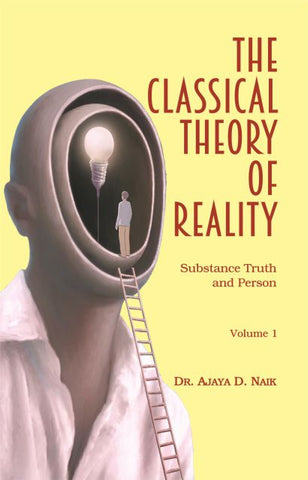
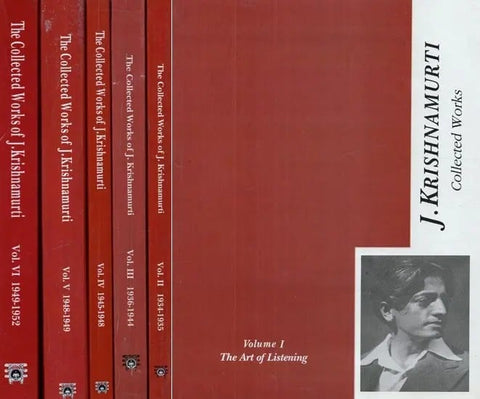

![A HISTORY OF INDIAN PHILOSOPHY [5 VOLUMES] by Surendranath Dasgupta](http://www.motilalbanarsidass.com/cdn/shop/products/HISTORYOFINDIANPHILOSOPHY_large.jpg?v=1675238163)
